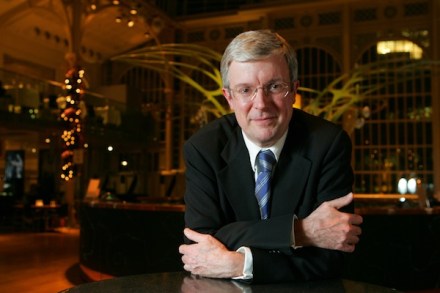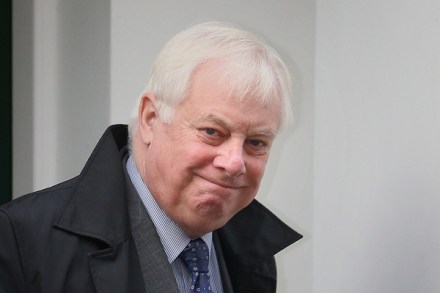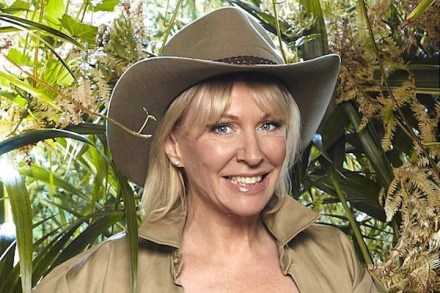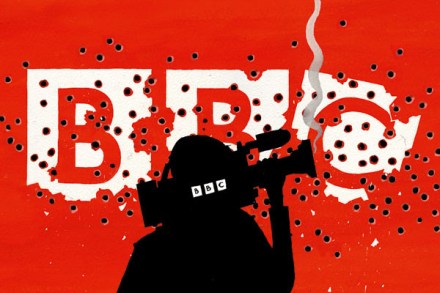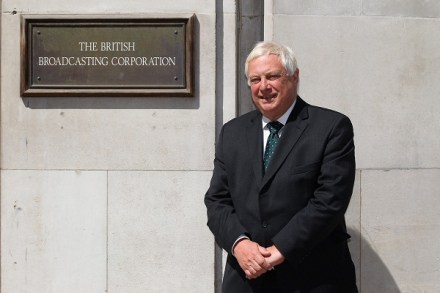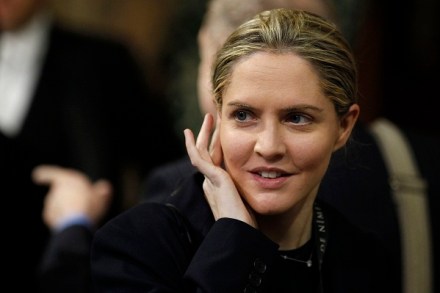Tony Hall appointed Director General of the BBC
It seems that Lord Patten has been reading the Spectator: Lord Hall, the BBC’s former director of news and the man who revolutionised the Royal Opera House, has been appointed Director General of the BBC, an appointment recommended by Tom Bower in last week’s Spectator Diary. The BBC Trust states that Lord Hall will take over in March. Hall is a hugely respected figure. Here’s what Tom Bower wrote about him last week: ‘To avoid chaos, Patten cannot be fired without the government naming his successor. Step forward Tony Hall, the Royal Opera House’s chief executive. Hall was a respected editor of flagship broadcasting who resigned as the director of BBC News in
